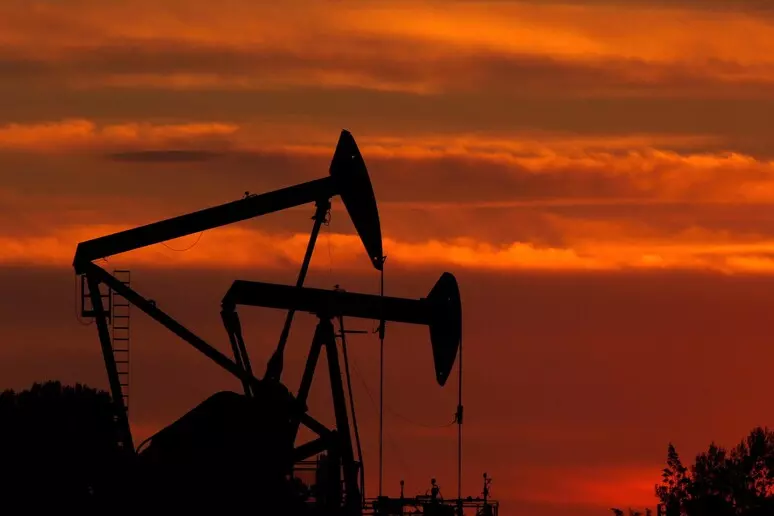A new front of instability is opening in the Middle East, and the markets are reacting immediately. According to the television network CNN, Israel is reportedly planning an attack on Iranian nuclear facilities, based on information gathered by U.S. intelligence. The news has triggered strong tensions that have impacted the oil market, already strained by weeks of uncertainty.
The mere fear of a military action was enough to push crude oil prices higher: Brent, one of the main types of fossil fuels used as a benchmark in international markets, passed the $66 per barrel mark, while WTI surged by up to 3.5% before slightly easing. Anonymous sources cited by the American network claim that no final decision has yet been made in Tel Aviv, but the ongoing preparations raise fears of an imminent escalation.
A possible Israeli attack risks derailing the already fragile nuclear negotiations between Iran and the United States, jeopardizing the possibility of an agreement that would allow greater quantities of Iranian oil to return to the market. This is a concrete threat to the stability of the area, which supplies about one-third of the world’s “black gold” production.
Robert Rennie, head of commodity research at Westpac Banking Corp, one of the main Australian banks based in Sydney, argues that Israel’s mere mobilization highlights the high level of risk linked to the talks with Tehran. In his view, fuel prices will continue to carry a risk premium as long as negotiations remain stalled and the situation uncertain.
Currency markets have also shown signs of tension, with temporary rises in safe-haven currencies such as the Swiss franc and Japanese yen, only to later ease. Israeli and U.S. authorities have not issued official comments, while the Israeli embassy in Washington limited itself to a terse “no comment.”
For some time, the Jewish state has been considering striking Iran’s nuclear program, but doubts remain about the operation’s effectiveness, given that many facilities are protected by systems capable of withstanding any conventional offensive. During his tenure, President Biden himself had previously urged caution in the face of the risk of further tensions.
Meanwhile, market prospects remain uncertain. On one side, OPEC, the international cartel made up of crude oil-producing countries, and its allies are reintroducing barrels into the market; on the other, U.S. shale oil production could increase, but only if prices remain high. According to the CEO of ConocoPhillips, one of the largest independent oil companies in the world, expansion is unlikely if fuel prices fall below $50 per barrel.
Meanwhile, Iran continues to export fuel despite sanctions. Goldman Sachs, one of the largest and most influential investment banks, estimates that Tehran has increased supply by about one million barrels per day over the past two years. Samantha Dart, an analyst at Goldman Sachs, argues that if these supplies were blocked by a possible conflict, oil prices could rise by as much as $8 per barrel.
While diplomatic efforts struggle to keep communication channels open, the markets have already delivered their verdict: instability persists, and oil prices will continue to fluctuate in line with Middle Eastern tensions.












